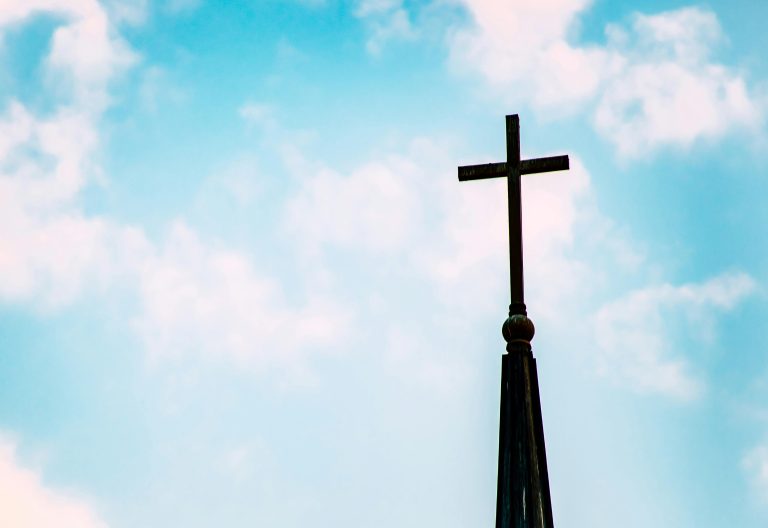Lesson on church-State relation from Jesus’ crucifixion

In the days before his crucifixion, Jesus found himself entangled in a muted conspiracy between religion and the empire. The religious leaders of the day, fearing the disruption of their authority, brought him before Pontius Pilate, the Roman governor. Their accusations were not just about theology; they framed Jesus as a political threat. Pilate, recognising the religious tensions but bowing to public pressure, gave in. At that moment, church and state, usually uneasy partners, aligned to preserve their power.
That uneasy alliance between church and government still echoes today. In Kenya, the relationship between church and state is similarly complex. It swings between collaboration and conflict, reverence and rivalry. At their best, these two institutions work together to uplift society. At their worst, they compete for influence and undermine public trust.
The church in Kenya holds significant social capital. According to a 2019 census, more than 85 percent of Kenyans were Christian. It operates some of the country’s most respected schools and hospitals. From Daystar University to mission hospitals in remote counties, religious institutions have filled in gaps left by the state. They have educated generations and provided care where government clinics are too few or too far away. In moments of national crisis, church leaders have stepped up as peace-builders, urging calm, reconciliation, and civic responsibility.
Yet this partnership is not without tension. Religious leaders have grown more vocal in criticising corruption and poor governance. Pulpits have become platforms where church leaders denounce state mismanagement and demand accountability, messages that resonate with the public but draw government criticism.
Ironically, the same churches that speak truth to power often host politicians during worship services. There is a thin line between faith and politics, with pastors endorsing candidates or giving them the mic. This politicisation of the pulpit weakens the church’s moral standing and raises questions about impartiality.
Beyond pulpit politics, deeper ideological differences fuel the friction between church and state. Hot-button issues like reproductive health, LGBTQ+ rights, and education reforms often highlight the gap between religious beliefs and secular laws. Still, the tension between church and state need not be a zero-sum game. Kenya can benefit from a more structured, innovative partnership between these two institutions, one built on transparency, shared values, and mutual accountability.
Counties could establish Faith-Governance Councils, where clergy, elected officials, and community leaders co-design solutions to local issues like youth unemployment and drug abuse.
Churches could host Civic Audit Desks, small hubs staffed by trained youth volunteers, using open data to track public projects and budgets. This would empower congregants to engage in governance beyond voting, transforming passive worshippers into active citizens.
Faith-based institutions can also invest in leadership academies that blend ethics, theology, and public service, preparing future leaders to serve with integrity. Monthly civic forums after Sunday worship could offer neutral platforms for dialogue between citizens and public officials.
Involving interfaith ethics panels in major policy decisions is an option for the government. These panels can offer perspectives grounded in moral reasoning and community values, bridging gaps between law and lived experience.
What unites the church and the state is greater than what divides them. The church and the state serve the same people. One draws its strength from scripture, the other from the Constitution. But both are meant to uphold justice, compassion, and dignity.
Jesus’ crucifixion resulted from the church and state’s misuse of authority. Kenya must avoid that mistake. Rather than using religion to support political agendas or allowing state power to suppress moral critique, the church and government should learn to collaborate. Not in competition, but in dialogue. Not to dominate, but to serve.
— The writer is an Innovations Evangelist and a PhD Candidate; machariamuhoho@gmail.com















